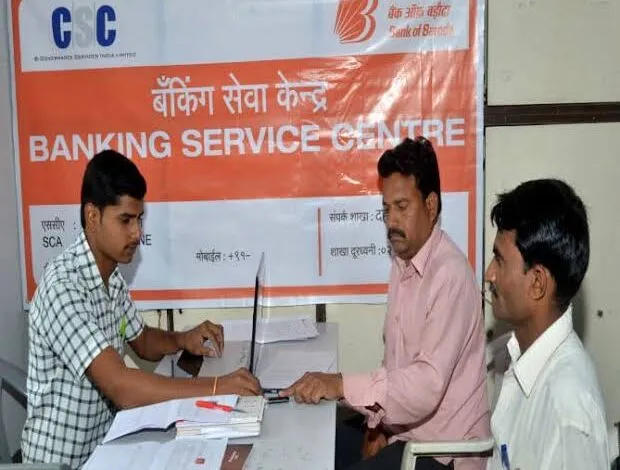Govt to launch Digital Audit of over 2.5 million Bank BCs

| ➡️ Get instant news updates on Whatsapp. Click here to join our Whatsapp Group. |
The government is preparing to launch a digital audit of more than 2.5 million business correspondents (BCs) across the country. Along with the audit, a new training and certification program will also be introduced. This will be the first such audit in nearly 20 years, sources have confirmed.
Why is the Digital Audit Important?
Business correspondents play a crucial role in providing banking services to people in remote and rural areas. They help customers access financial services like account opening, cash deposits, withdrawals, and loan applications. However, there have been concerns about service quality, compliance, and fraud risks. To address these issues, the government has decided to introduce a digital audit. This audit will check the performance and efficiency of business correspondents and ensure they follow the necessary guidelines.
Who Will Oversee the Process?
A special working committee will be set up to manage the audit and training process. This committee is expected to be led by one of the managing directors of the State Bank of India (SBI). Other members will include representatives from Yes Bank and the Business Correspondents Federation of India (BCFI). The committee will design the audit framework, set training standards, and ensure smooth implementation.
What Will the Training and Certification Cover?
The new training and certification program aims to improve the skills of business correspondents. It will focus on:
- Digital banking services: Helping BCs understand new digital payment systems and cybersecurity measures.
- Regulatory compliance: Ensuring BCs follow banking rules and prevent fraud.
- Customer service skills: Training BCs to handle customer queries effectively.
- Financial literacy education: Equipping BCs to educate customers about savings, loans, and financial planning.
Impact on Financial Inclusion
This initiative is expected to strengthen financial inclusion in India. By improving the efficiency and accountability of business correspondents, more people in rural and semi-urban areas will get access to reliable banking services. The digital audit and new training models will also help in reducing fraud and errors in financial transactions.
